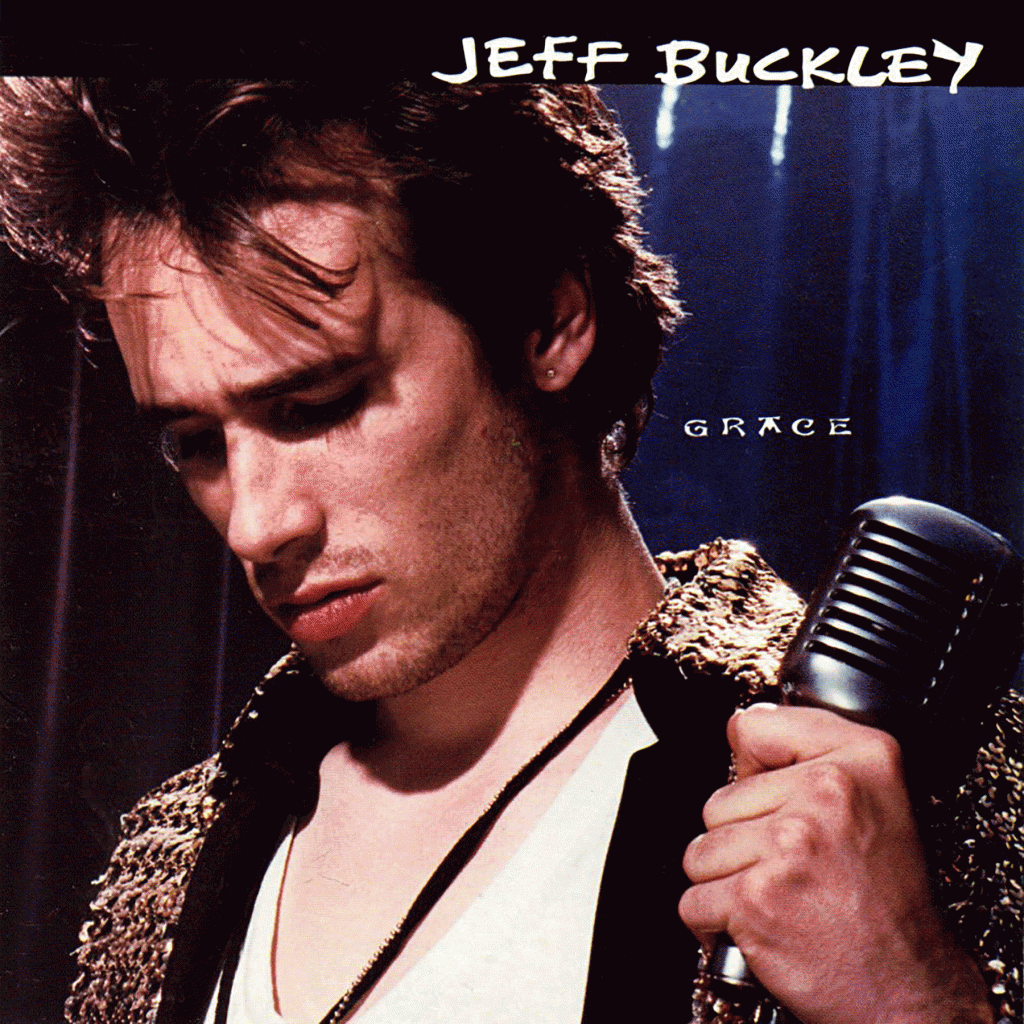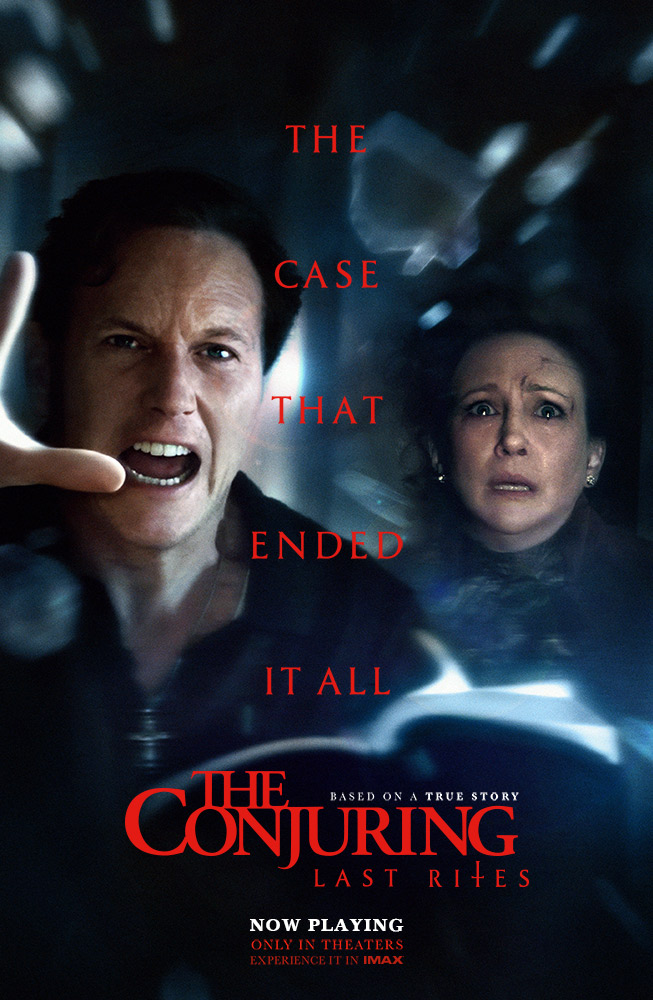The time is 3:07 a.m.; it is a Monday morning and tonight has been surreal to say the least.
Without going into too much detail for my university newspaper, it is important to know that this semester marks a new start for me – or at least the start of a new start.
After the latter half of 2014 plagued me with a slew of personal problems, from mental health to family issues and beyond (some my fault, others not), winter break gave me the time I needed to reflect and pull the pieces together.
Why am I telling you this? As anyone who knows me or follows my writing knows, there are really only two things that truly touch me the way nothing else can – the first being writing, and the second, music.
I know, music touches everyone, but it’s different for music critics because we grow to hear things objectively – which sounds work well together, which don’t, etc.
It’s the best problem to have, because I’m constantly receiving and writing about new music, but one almost begins to lose touch with the emotional aspect of his or her favorite songs and records in the first place.
This is not a typical album review. I am writing this piece because I want everyone to feel the way I feel right now about Jeff Buckley’s single, lonesome album, his 1994 debut, “Grace.” I discovered “Grace” just before leaving for home this winter – a time I would now call pretty pivotal in my life.
The album had crossed my life several times before actually hearing it, via podcasts with my favorite artists and a small obsession with Buckley’s renowned cover of Leonard Cohen’s “Hallelujah.” You know the song I’m talking about, and if you don’t, you will; I’ve come to believe with certain honesty that this is simultaneously the saddest and most beautiful audio recording ever created.
Let’s step back for a second and take a closer look at what makes “Grace” work; it is an album that transcends genre, boasting a classic rock influence while simultaneously paving the road for later ‘90s indie/alt-rock bands like Smashing Pumpkins and Jane’s Addiction. There is truly something for everyone here.
Objectively, Buckley is one of the most impressive vocalists – not to mention lyricists – I’ve ever heard. “Mojo Pin” starts the album with light guitar flourishes and Buckley hitting falsettos just above a whisper; by the time its bridge hits, you will know whether this record is for you.
The title track is arguably the album’s centerpiece, in competition with only the aforementioned “Hallelujah.” “Grace” showcases Buckley’s unstoppable singing and the way he can make you feel with a simple change in guitar tones, from the song’s bouncing, upbeat verses to its somewhat sinister chorus. Elsewhere, songs like “Lilac Wine” and “So Real” feel, well, just that – real.
There is something undeniably human about loneliness and how we cope with it, for better or for worse.
Hearing Buckley’s loneliness is comforting in the same way people find Morrissey and The Smiths comforting, knowing that someone somewhere in the world feels exactly as they do.
The back half of the album only reinforces this sentiment, “Lover, You Should Have Come Over” in particular.
Buckley drowned at the age of 30 while recording his second album, a death both tragic and haunting given the songwriter’s young age and the success of “Grace.”
This has grown to have a strange effect on the record, essentially freezing it in time – a soundtrack for troubled souls everywhere and a reminder to never take something you love for granted.
And this is why I’m writing about “Grace,” an album that changed – and possibly saved – my life over the past several months.
I write this because, to me, writing is cathartic, and I write this because, to me, musical is beautiful, but most importantly, I am not writing this to convince you to listen to “Grace,” although I’d highly recommend it; I write this in case someone out there like me is reading, stumbling through the dark just before finding their own “Grace.”
AARON MOOK








